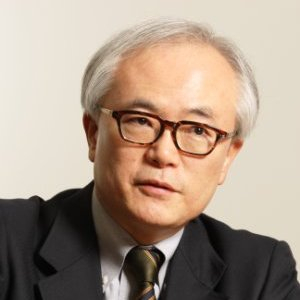
Practical information
On May 27-28, Japan will host the G7 Summit in Mie Prefecture. This year’s summit will be the occasion not only for Japan but also for European countries to demonstrate leadership on a number of global and regional issues. One challenge is the future of global governance, as the Bretton Woods system and institutions are increasingly challenged by rising powers that uphold different visions of international order and norms. Another issue is geopolitical tensions resulting from increased competition between different geostrategic and geo-economic projects.

This seminar will feature three prominent experts from Japan and France who will share their visions of the world order and global challenges, in the light of the next G7 Summit.
Chair and moderator:
Thomas GOMART, Director of Ifri.
Speakers:
Tomohiko TANIGUCHI, Special Adviser to the Cabinet of Prime Minister Shinzo Abe; Professor, Keio University Graduate School of System Design and Management.
Françoise NICOLAS, Director of the Center for Asian Studies, Ifri.
The conference will be held in English.
Other events

Post-war Europe: How to Redefine a Security Architecture Within a New Transatlantic Framework?
A new European security architecture has to be built. The question is: will this happen with or without Europe? The US President, Donald Trump, who returned to the White House a little more than two months ago, and the President of the Russian Federation, Vladimir Putin, have initiated talks to put an end to the war in Ukraine, with the possibility of Ukraine ceding territory to Russia being raised.

Doing Politics in African Cities: Actors, Causes and Forms of Urban Social Mobilization
From Maputo to Nairobi and from Lagos to Dakar: recently, African cities have been the theatre of mobilizations by groups of young protesters.






